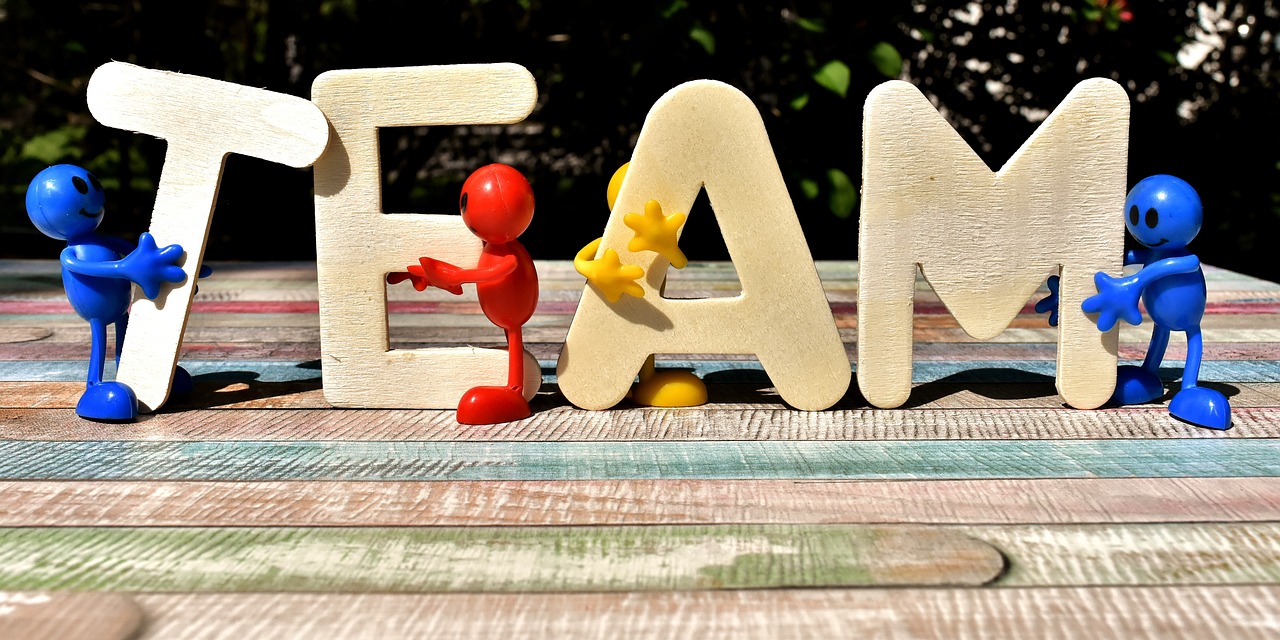In project management, a driven team is often vital for success. Motivation enhances productivity, inspires creativity, and improves the project teams’ performance. Nevertheless, it is not easy to build a motivational culture within a project team. It needs intentional approaches, relentless pursuance, and good knowledge of human psychology. This article outlines the key components and methods necessary to foster motivation in project teams leading to sustained engagement and high achievement.
Understanding Motivation in Project Teams
Motivation within the project teams may be defined as the passion, dedication, and loyalty expressed by members toward their work and goals. They may be driven by diverse sources like personal growth or extrinsic rewards such as recognition among others. Understanding these motivators is essential for managers who want a motivational culture.
Key Elements of a Motivational Culture
A Clear Vision And Goals
The clarity of vision gives direction and purpose which makes it possible for members to grasp how their contributions fit into the bigger picture. From here, the vision is further broken into manageable tasks which make it easier for team members to concentrate and stay motivated.
Giving empowerment and encouraging autonomy
Allowing a group of people to be empowered by that organization’s management in decision-making processes builds ownership and accountability. When one takes initiative and makes decisions that are trusted by one’s colleagues, their intrinsic motivation increases thus becoming more innovative.
Appreciation and Rewards
Motivating teams can achieved through recognizing individual efforts as well as achievements. Recognition can be manifested in various ways such as monetary compensation, promotions, or awards. Celebrating any success irrespective of its magnitude has an impact on morale-boosting hence stimulating continuous effort and dedication.
Supportive Leadership
Motivational culture comes about through efficient leaders who lead from the front. Supportive leaders who listen to their junior members create a conducive environment where every team member feels valued. They also assist in removing obstacles, and guidance as well as inspiring their teams since they are good examples.
Opportunities for Growth and Development
There must be chances available for personal growth to maintain the motivation levels at work.
Helping team members develop new skills and advance in their careers requires training, workshops, mentorship programs, and opportunities for career advancement that will keep them motivated.
Strategies to Encourage Motivation
Develop Open Communication Channels
The basis of a cohesive group is openness and transparency in communication. Therefore, it is important to encourage feedback from both the employees and the employer so that each employee feels appreciated. The channels can be through team meetings, one-on-ones, or anonymous questionnaires.
Promote Collaboration/Teamwork
This will make possible the teamwork of colleagues as they share ideas and help each other. Ways of bonding among staff include building up teamwork exercises, tools for collaboration, and joint projects across departments.
Expectations should be realistic with enough provision for resources
Unrealistic expectations combined with the unavailability of resources can lead to frustration resulting in burnout. In this regard, ensure goals are accomplishable within a given timeframe provided the necessary tools required for achieving such aims are given out. This helps strike a balance between challenge and achievability thus maintaining high motivation levels.
Diversity & Inclusion
Embracing diversity and fostering an inclusive culture where all team members feel respected and valued enhances motivation. Diverse teams bring a wealth of perspectives and ideas, leading to more innovative solutions and a more dynamic work environment
Introduce Flexible Working Practices
A good work-life balance is achieved when work-life balance improves through the extension of opportunities for flexible working arrangements like remote working and flexi-time. This brings loyalty and motivation as it shows that the organization appreciates employees’ wellness.
Encourage Responsibility and Accountability
More often than not, when team members feel responsible for their tasks and results, they are likely to become motivated to perform their duties better. Ownership should be encouraged by letting them participate in decision-making processes while assigning responsibility for what they do.
Give Feedback That Builds And Appreciate Earned Merits
Motivation cannot occur without consistent feedback. Constructive feedback should only concentrate on growth and development whereas praising efforts made and achievements accomplished should always be common practice. It helps members recognize their strong areas that need improvement as well leading to a continuous learning culture within a team.
Make Workplace a Positive Place
Motivation and productivity are improved by a positive, supportive work environment. One can achieve this by ensuring an enabling place with good facilities, comfortable spaces, and a culture that promotes mutual respect, positivity, and support.
Measuring and Sustaining Motivation
Creating a motivational culture is an ongoing process that needs to be consistently evaluated and adapted. Various methods can be used to measure motivation levels such as employee satisfaction surveys, performance metrics, and feedback sessions among others. From the data obtained, areas for improvement can be established and changes made accordingly. In addition to this, sustaining motivation also involves celebrating successes, learning from setbacks as well as making constant efforts towards enhancing the work environment as well as practices.
Conclusion
For organizations to attain high-performance project outcomes there is a need to build motivational cultures in project teams. Project managers who understand key motivators will build environments where team members feel valued which in turn leads to empowerment and internal drive. Open communication and recognition supported by growth opportunities within the organization are all part of this culture while a positive work environment is a must-have for any successful project outcome. Project teams that maintain a continual emphasis on motivation are better able to overcome obstacles, take advantage of opportunities, and consistently produce exceptional results.
Views: 3




Leave a Reply